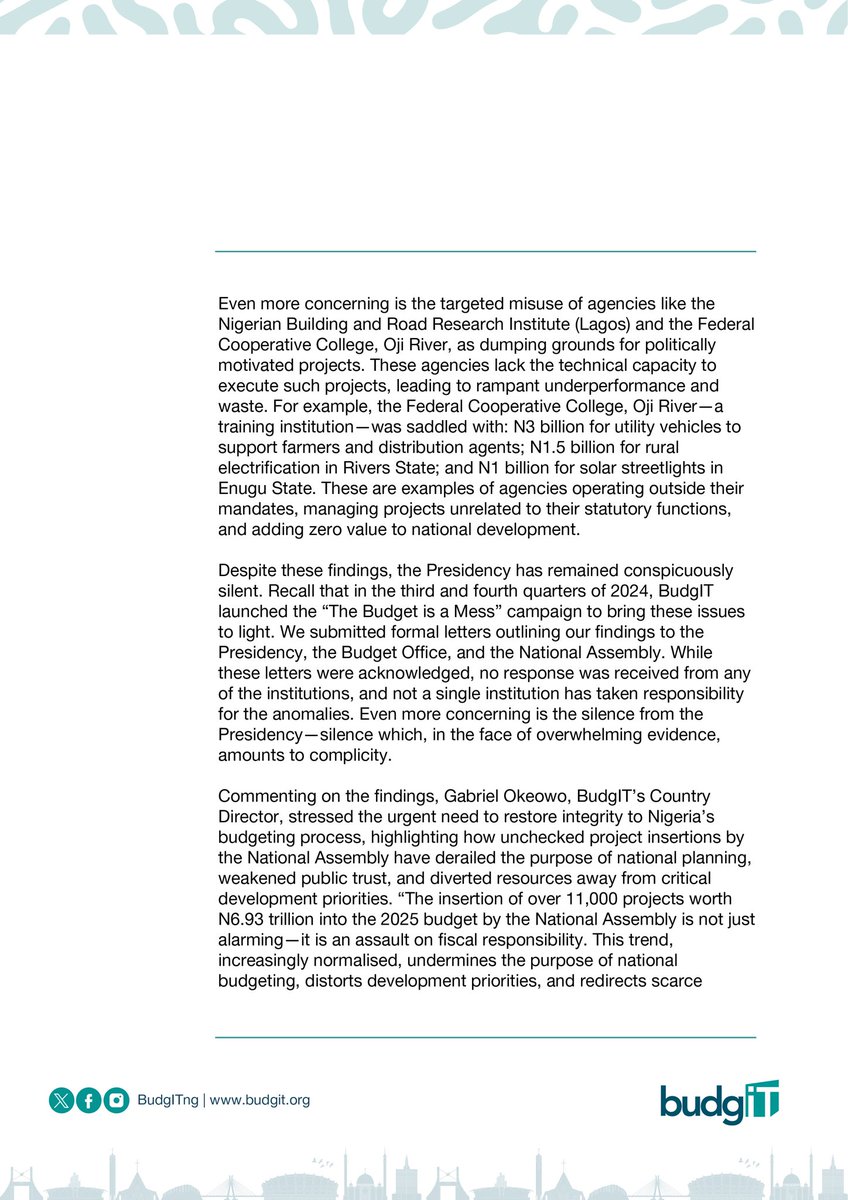Key numbers from the Solid Minerals Sector in 2019
-The sector contributed 0.26% to the total GDP.
-FG earned N74.87billion from solid minerals.
-46.68m tons of solid minerals were sold.
-Limestone contributed 54.92% to the total volume of solid minerals produced.
THREAD
-The sector contributed 0.26% to the total GDP.
-FG earned N74.87billion from solid minerals.
-46.68m tons of solid minerals were sold.
-Limestone contributed 54.92% to the total volume of solid minerals produced.
THREAD

A total of 59.82m tons of solid minerals were used/sold during this period. There is a 29.41% increase from the volume sold in 2018. 

Limestone contributed 54.92% to the total volume of solid minerals produced in 2019. At the same time, Ogun state produced the highest volume of solid minerals within the same period. 

There was an increase of 1,653.66% in the Free on Board value of the solid minerals exported in 2019 when compared with the one exported in 2018. 

FG made N74.87bn from solid minerals in 2019. In the same year, the sector contributed only 0.26% to the total GDP. 



Other key numbers
-Solid minerals contributed only 0.51% to the total export.
-Employment in the solid minerals sector accounted for 0.02% of Nigeria’s total employment.
-There was no evidence that 25 companies paid royalties which resulted in revenue loss to the government.



-Solid minerals contributed only 0.51% to the total export.
-Employment in the solid minerals sector accounted for 0.02% of Nigeria’s total employment.
-There was no evidence that 25 companies paid royalties which resulted in revenue loss to the government.




• • •
Missing some Tweet in this thread? You can try to
force a refresh

























